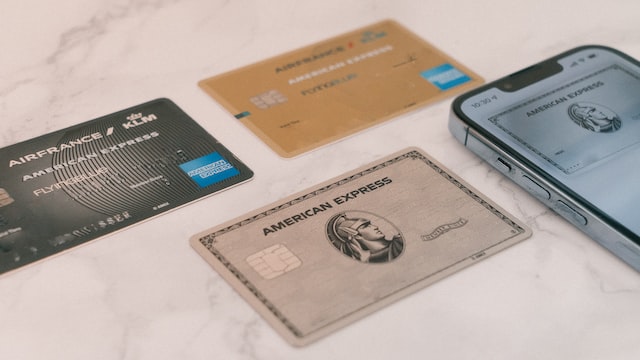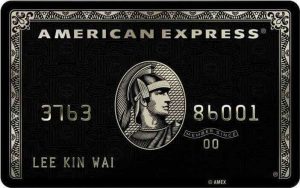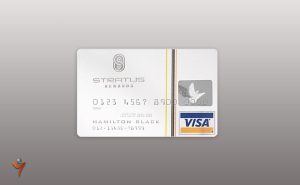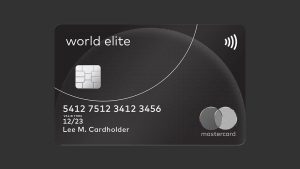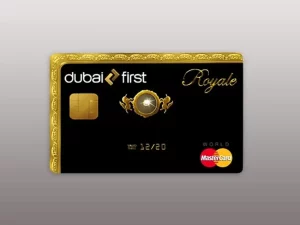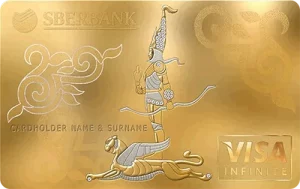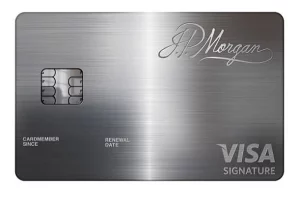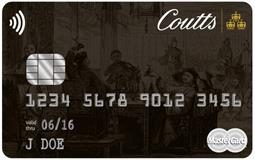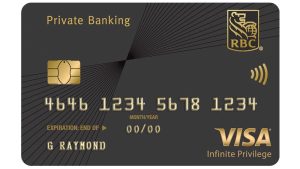When it comes to credit cards, many consumers are looking for the best rewards, low-interest rates, or even the best perks. However, for some, money is no object, and they are willing to pay top dollar for a luxury credit card. These premium cards come with various exclusive benefits, such as concierge service, airport lounge access, and even a personal shop. In this article, we will look at the 8 most expensive credit cards on the market and what they offer to their high-end cardholders. From black cards to gold cards, these cards are sure to impress even the most discerning consumer.
Frequently Asked Questions
What is a secured credit card?
A secured credit card is a type of credit card that requires a cash deposit as collateral for the credit line. The deposit is security for the lender in case the cardholder defaults on payments. The credit limit on a secured credit card is usually equal to the amount of the deposit. Individuals typically use these types of credit cards with poor or limited credit history as a way to establish or rebuild credit. Payments made on a secured credit card are reported to the credit bureaus, which can help improve credit scores over time.
How to pay off credit card debt?
- Create a budget: The first step in paying off credit card debt is to create a budget. This will help you understand how much money you have available to put toward your debt each month.
- Prioritize your debts: Look at the interest rates on your credit cards and prioritize paying off the one with the highest rate first. This will save you the most money in the long run.
- Make more than the minimum payment: Paying just the minimum amount due on your credit card can prolong the amount of time it takes to pay off your debt. Try to make more than the minimum payment each month.
- Cut unnecessary expenses: Look for ways to cut back on your expenses, such as canceling subscriptions or memberships you no longer use.
- Consider a balance transfer: If you have multiple credit card debts, you may consider a balance transfer. This allows you to transfer all of your debts to one credit card with a lower interest rate.
- Seek professional help: If you’re struggling to pay off your credit card debt, seek the use of a financial advisor or credit counselor. They can help you create a plan to pay off your debt and improve your credit score.
- Avoid taking on more debt: Avoid taking on more debt while you’re trying to pay off your credit card debt. This will only add to the amount you owe and make it more difficult to pay off.
How old do you have to get a credit card?
You must be at least 18 years old to get a credit card. However, if you are under 18, you may be able to get a credit card with a co-signer who is over 18.
What is a good apr for a credit card?
A good APR for a credit card is generally considered to be below 15%. Some credit cards may have an APR as low as 0% for a promotional period, but these are typically for balance transfers or purchases and will eventually increase to a higher rate. A lower APR means you will pay less in interest charges on any balances you carry on the card.
What is the best credit card?
The best credit card will vary depending on an individual’s needs and spending habits. Some popular options include:
- The Chase Sapphire Preferred card, offers a high rewards rate for travel and dining purchases and a sign-up bonus of 60,000 points.
- The Capital One Venture Rewards card offers a flat 2x rewards rate on all purchases and a sign-up bonus of 100,000 miles.
- The Citi Double Cash card offers a flat 2% cash-back rate on all purchases and no annual fee.
- The American Express Platinum card offers a high rewards rate for travel and dining purchases, a sign-up bonus of 100,000 points, and a host of luxury travel benefits such as lounge access and a $200 annual airline fee credit.
Ultimately, the best credit card will depend on an individual’s spending habits and priorities. It’s recommended to do research and compare different cards to find the one that best suits your needs.
What is a balance transfer credit card?
A balance transfer credit card is a type of credit card that allows cardholders to transfer their high-interest credit card balances from one or multiple cards to a single card with a lower interest rate. The purpose of this is to reduce the amount of interest paid on the outstanding balance and to simplify the debt repayment process. Most balance transfer credit cards offer a 0% introductory interest rate on balance transfers for a certain period, usually 12 to 18 months. After the introductory period, the interest rate increases to the normal rate. It is important to note that balance transfer credit cards often come with balance transfer fees, so it is essential to read the terms and conditions before applying for one.
How does a credit card work?
A credit card is a type of financial tool that allows you to borrow money from a financial institution and pay it back over time with interest. The credit card issuer, typically a bank, sets a credit limit, which is the maximum amount you can borrow and spend on the card.
When you purchase with your credit card, the credit card company pays the merchant for the goods or services you bought, and you repay the credit card company for the amount you spent. Your monthly statement will include the total amount of money you spent, any fees you incurred, and the minimum payment amount required for the month.
You can choose to pay back the full amount you spent, or just the minimum payment, but if you only make the minimum payment, you will accrue interest on the remaining balance, and you will end up paying more money over time.
If you use your credit card responsibly, you can build a positive credit history, which will help you in the future when you apply for loans, mortgages, or other types of credit. However, if you miss payments or max out your credit card, your credit score will decrease, making it harder for you to get credit in the future.
In conclusion, a credit card is a type of loan, and you are borrowing money from a financial institution. You can use the card to make purchases, and you have to pay the amount you spent back, either in full or in part, along with interest and fees.

